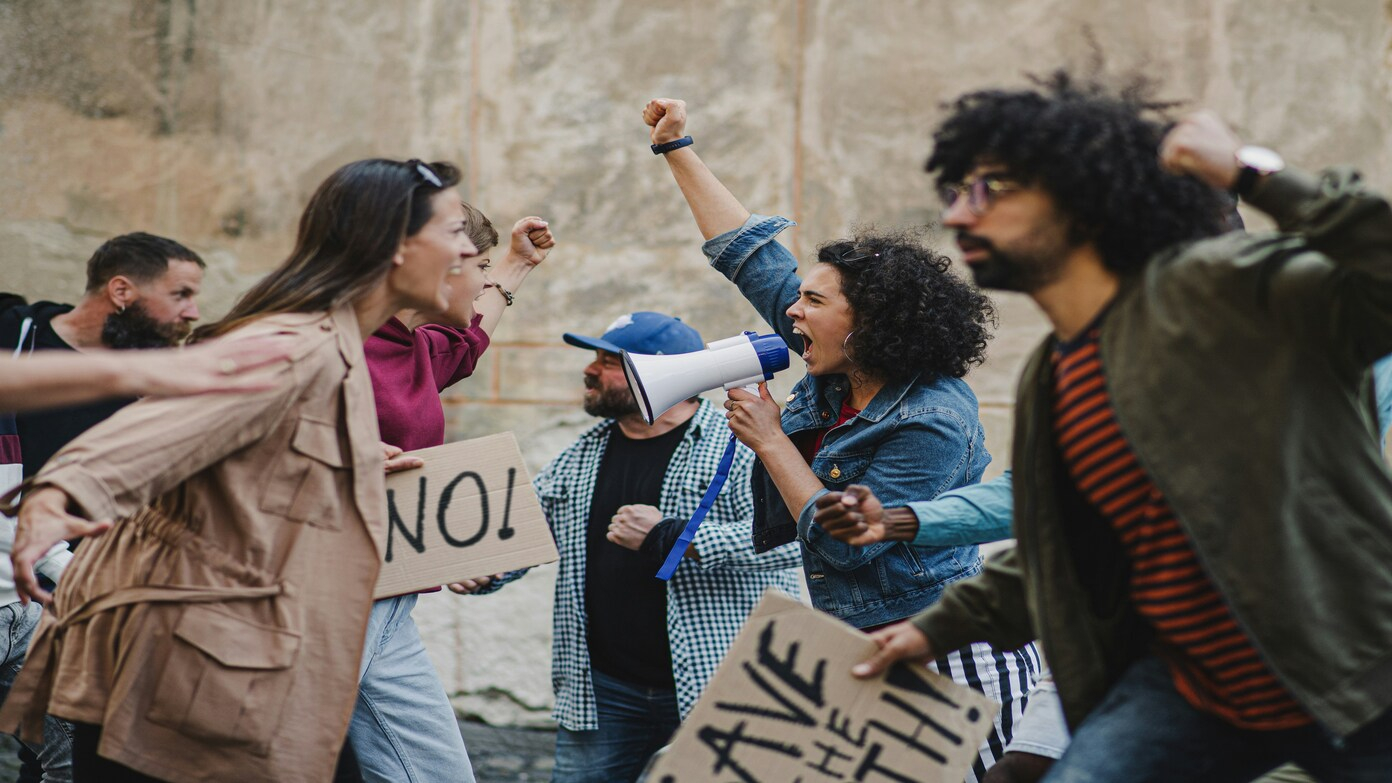Donald Trump, sworn in as the 47th president of the United States, wasted no time making waves, declaring the dawn of a new American “Golden Age.” Hours into his second term, he wielded sweeping executive authority to erase much of Joe Biden’s legacy, signaling a strategic shift aimed at a more transformational presidency. From immigration crackdowns to high-profile pardons, Trump displayed a determination to learn from his past missteps and cement his political vision.
His return to power was punctuated by dramatic actions, including pardoning over 1,500 individuals involved in the January 6 Capitol riot. Trump also embarked on a controversial overhaul of immigration policy while consolidating a powerful alliance with billionaire tech moguls. These moves sent political shockwaves domestically and internationally, hinting at a presidency that would be anything but conventional.
Mass pardons of january 6 rioters
One of Trump’s most contentious decisions came just hours after taking office. He issued blanket pardons to approximately 1,500 January 6 rioters, including some of the nation’s most infamous extremists from groups like the Proud Boys and Oath Keepers. These pardons, delivered with a flourish of his iconic black Sharpie, drew immediate criticism and raised concerns about the rule of law.
Trump’s sweeping clemency blurred distinctions between nonviolent offenders and those convicted of assaulting law enforcement during the Capitol attack. The move symbolized a stark departure from judicial norms, legitimizing political violence and undermining trust in the justice system. Former House Speaker Nancy Pelosi called the act “an outrageous insult” to both the Constitution and the officers who defended it.
Trump defended the pardons, framing them as an act of justice for supporters he described as “patriots unfairly targeted by a corrupt system.” Critics, however, argued that this use of presidential pardon power not only set a dangerous precedent but also weakened American democracy by suggesting that political allies could act with impunity.
While Trump’s actions were polarizing, they were not without precedent. Joe Biden, before leaving office, had also been accused of overstepping his pardon authority. He preemptively pardoned public figures, including Mark Milley and Dr. Anthony Fauci, to shield them from Trump’s promised retribution. These moves, coupled with pardons for his own family members, opened the door for future presidents to use clemency as a shield against legal accountability.
Now trending: This was Putin’s first message after Trump’s inauguration as the new U.S. president with a high political significance
Immigration overhaul: A signature issue
Immigration has always been central to Trump’s political identity, and his second term began with aggressive actions on this front. Declaring a national emergency at the southern border, he moved to dismantle Biden-era policies. Trump ended the use of an app that facilitated legal entry for migrants, initiated plans to eliminate birthright citizenship, and suspended refugee resettlement for four months.
These measures, coupled with a renewed push for border wall construction, marked a sharp pivot from the internationalism of prior administrations. Legal and constitutional challenges are already mounting, with critics arguing that Trump’s actions overstep executive authority and infringe on human rights.
Despite the backlash, Trump’s supporters view these moves as a fulfillment of his campaign promises and a necessary step to protect national sovereignty. His approach has rekindled the immigration debate, forcing lawmakers to grapple with contentious issues that have long divided the nation.
The road ahead
Trump’s second term has begun with bold strokes, reshaping domestic and foreign policy landscapes. However, his reliance on executive actions and disregard for judicial norms could spark fierce political battles. The specter of legal challenges looms large, and a divided Congress may stymie his legislative ambitions.
As Trump settles into his role as president once again, the question remains: Will he use this opportunity to build a lasting legacy, or will his presidency be defined by the same divisive rhetoric and controversies that marked his first term? Only time will tell if his vision for a “Golden Age” will endure or crumble under the weight of its own contradictions.
